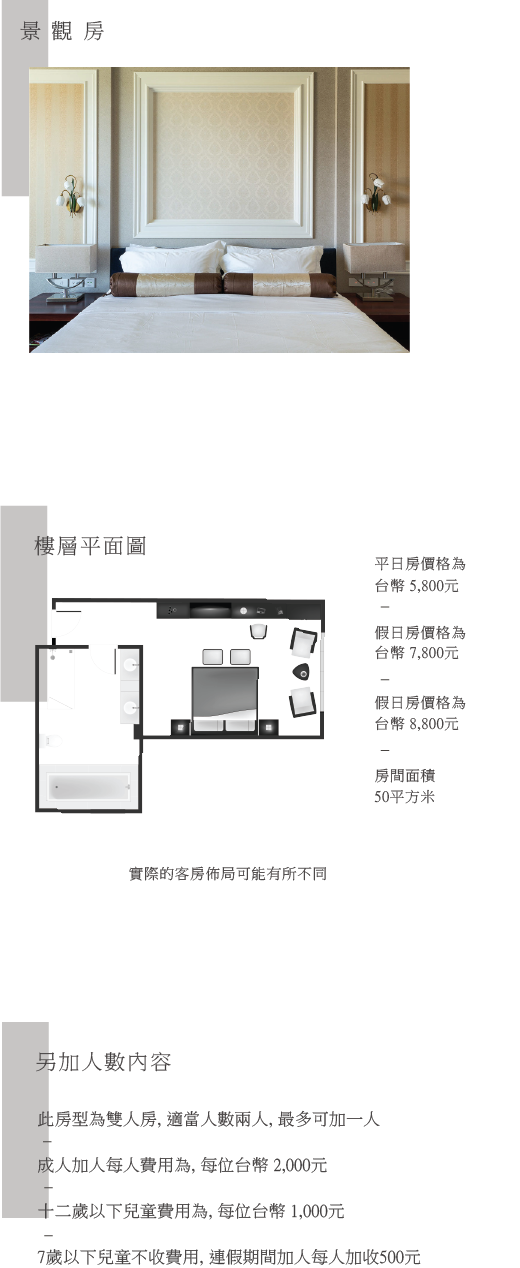FinTech
DMA Trading Versus OTC Markets: Which is right for you?
They offer a specific DMA account that gives you access to more shares and CFDs. This could be beneficial if you’re looking for a broader range of trading options, such as traditional shares. You can trade in various DMA markets such as equities, forex, financial derivatives like Contracts for Difference (CFDs), and fixed income.
DMA requires a good understanding of the market and a strong trading infrastructure. Our mission with this website is to provide its visitors a no-nonsence experience in finding their next broker. Not only for Forex, as the website name suggest, also for trading commodities, cryptocurrencies, indices and anything else that is tradable online. Experience a more rewarding way to trade, with access to reduced spreads of up to 28.6% through our tiered-volume fee discount scheme. In the share market, orders for DMA share trading are usually placed in the central limit order book of an exchange.
This allows transparency, efficiency, and better pricing for the trader. While brokerage firms can work on a market-making quote basis, it has become more common since the 1990s for brokerage platforms to use direct market access for completing the trade. With direct market access, the trade is executed at the final market transaction phase by the brokerage firm. Direct market access is the direct connection to financial market exchanges that makes the completion of a financial market transaction final. Exchanges are organized marketplaces where stocks, commodities, derivatives, and other financial instruments are traded. Brokers may require a higher percentage margin requirement based on the risk profile of the security or sector at any time without notification.
As we have explained, DMA is a technology that enhances data transfer efficiency in computer systems. By implementing arbitration, DMA optimizes data flow by managing competing requests effectively. The arbiter follows predefined rules to grant access based on predetermined priorities or protocols set by system What is Direct Market Access Dma In Trading designers. This method enhances overall system performance by balancing communication between various peripherals efficiently. In arbitrated-ended DMA, multiple devices on a bus contend for access to the memory. In this setup, a central arbiter decides which device gets priority in transferring data.
In the share market, orders for DMA share trading are usually placed in the central limit order book of an exchange. Their order books comprise of the ask prices of financial products on offer by sell side participants, and the bid prices for the same by buy side participants. Liquidity providers are entities that hold a large quantity of a financial product. They provide financing for the security and then facilitate its trading in the direct market. Since they ‘make the market’ for the security, they are therefore often referred to as market markers.
- The calendar adds labels to the charts to see when an upcoming event will be announced.
- The top use case of Direct Market Access is buying and selling traditional shares, where you can see how many shares are available at specific prices.
- In conclusion, DMA (Direct Market Access) in stock trading offers several advantages such as increased transparency, faster execution, and lower costs.
- This means the orders you place directly impact the supply and demand of an asset.
You should familiarise yourself with these risks before trading on margin. When comparing DMA to traditional trading, it becomes clear that DMA provides greater speed and efficiency, increased transparency, enhanced control, and potentially lower costs. However, traditional trading still holds benefits such as personalized advice and support from brokers, especially for novice traders who may require additional guidance. Ultimately, the choice between DMA and traditional trading depends on individual preferences, trading objectives, and the level of control and transparency desired.
Which means instead of having to buy at the offer (the higher price) and sell at the bid (the lower price) you can be the bid and be the offer. DMA brokers are known for offering more transparent trading conditions, allowing you to see and interact with the actual market. They are favoured by experienced traders who want greater control over their trades and more precise execution. While DMA offers numerous benefits, it also comes with its own set of considerations and risks. One significant factor is the technological investment required to access DMA platforms. Traders must have sophisticated trading systems and a reliable internet connection to effectively use DMA.
This can limit the accessibility of DMA trading to a select group of traders with substantial capital. Out of the brokers we tested, FP Markets offered the best ECN pricing for share dealing and forex trading. The commissions charged on IRESS can vary between different markets (which is typical with share dealing services). We found the broker to charge 0.06% per side with a minimum of 6.00 AUD for Aus shares and 0.02 USD per share for NYSE/S&P500 shares with a minimum of $15 commission charged. With HFM, we found the broker competed with IG Group in terms of the number of shares accessible with their DMA services. The broker offers 197 shares across eight exchanges, giving you access to the most popular markets while benefiting from the deep liquidity and better pricing DMA can provide.
While the MA might have offered assistance or opposition in the past, it might not do so in the future. DMA, or Day Moving Average, is a tool for technical analysis of trends in movement of stock prices. Moving averages (MA) are most widely used statistical tool to predict the opportunities to buy or sell a particular stock.
If you like to day trade with this range of markets, we think you’ll be well equipped to find new trading opportunities daily. Pepperstone offers a commission-free standard account and uses an STP execution model, meaning your trades are executed with no dealing desk intervention. You should open this account if you want no-commission trading and use the MT4 or MT5 platform. Direct Market Access Brokers (DMA) differ from types of brokerages like ECN and no dealing desk (NDD) as you can execute orders directly through electronic order books at the exchange.
We think this feature lets you focus on one asset type, which is important to prevent mistakes or distractions from unnecessary charts or alerts. Trading in Forex/ CFDs and Other Derivatives is highly speculative and carries a high level of risk. These products may not be suitable for everyone and you should ensure that you understand the risks involved. Traders who have been trying to explore the DMA feature in the financial space should read this comprehensive guide. Not only will you understand what DMA is, but also its uses, benefits, and impact on trading strategies.
Whether you’re a seasoned trader or just starting out, it’s important to understand the various strategies and tools available to maximize your success in the market. One such tool that has gained significant popularity in recent years is Direct Market Access, commonly referred to as DMA. DMA trading offers transparency, tight spreads, and the ability to trade larger volumes, but it requires significant capital and expertise. DD trading, on the other hand, provides support and guidance, lower entry barriers, but may involve conflicts of interest and wider spreads.
Forex trading has become increasingly popular over the years, with individuals from all walks of life trying their hand at profiting from the fluctuations in currency exchange rates. As the market has grown, so too have the options available for traders to execute their trades. Two popular methods of trading forex are Direct Market Access (DMA) and Dealing Desk (DD) trading. In this article, we will explore the pros and cons of each method to help traders make an informed decision. Trading with direct market access (or DMA) enables you to place your orders direct with the exchange through a broker.
Dividends, capital gains, and losses are reported on the individual member’s taxes. You can also access bond-specific tools, like the Bond Wizard, Bond Calculator, and Bonds Alerts. The Bond Wizard tool allows investors to determine the cost and yield of their bonds. Thomas J Catalano is a CFP and Registered Investment Adviser with the state of South Carolina, where he launched his own financial advisory firm in 2018.


 新景觀房
新景觀房